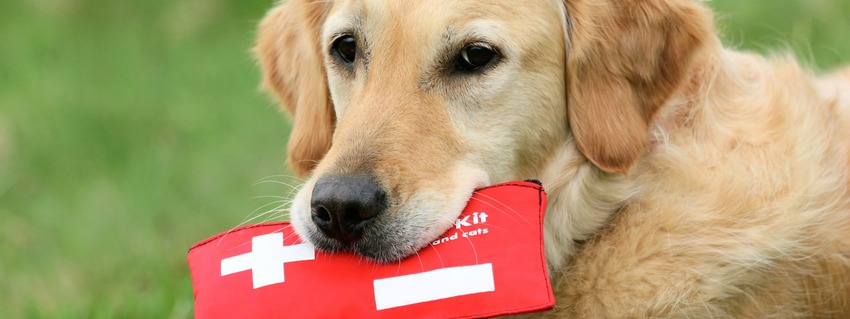
Pet Safety Around the House
We can be the most cautious pet owner and still have trouble with our furry family members getting into things that can harm them.
As we all know our pets love to eat everything and anything they can put their paws on, especially around the dinner table. However, what could be most harmful to your pet isn’t just some “human food”. It is other things around the house that are the most harmful and sometimes even deadly, for instance, houseplants, medications and other household items.
Here are four items that can be very toxic for your pets:
1. Ibuprofen
Unfortunately, Ibuprofen is the prime culprit of accidental pet poisonings. Advil, Motrin or Midol all contain ibuprofen and have a really bad effect on pets. If your pet ingests Ibuprofen, it will inhibit their blood flow to their kidneys and attacks their stomach lining. Cats only need a single 200 mg tablet of the stuff and it can be fatal. Dogs are more likely to suffer from stomach ulcers or kidney failure depending on the dosage.
Please protect your furry friends my making sure the pills are out of reach. Make sure to pick up every pill you may have accidently dropped on the floor. It is surprising how many pet owners will try to relieve their pets pain or symptoms with ibuprofen. Please do not give your pets any human medication and see a vet with any concerns.
2. Cocoa Mulch
This type of mulch has become very popular lately due to it smelling like chocolate. This irresistible smell is likely to tempt your pets who will most likely try to eat the mulch while they are in your yard playing. The mulch does contain caffeine and theobromine which are the same offenders that make chocolate toxic for our furry animals. It leads to quitting a bit of symptom such as vomiting, hyperactivity, diarrhea, muscle tremors, and seizures.
3. Azaleas
As a pet owner, you might know that you don’t want lilies in your garden if you have a dog or a cat, they can be fatal if they eat the flower. However, lilies aren’t the only plant or flower that can have a negative effect on your pets. Grayanotoxin is found in those beautiful Azalea bushes that you’ve seen around your neighborhood. Even if your pets consume only small amounts it can be poisonous. You should prevent your pets from nibbling leaves as the whole plant is highly toxic to them.
4. Antifreeze
Antifreeze used to get your car’s radiator primed for winter driving, can turn into a silent killer for your pets if not handled with care. In the winter months, be sure to store antifreeze in a pet-proof container, and clean up any leaks or drips on garage floors and driveways. Antifreeze has a deceptively sweet taste and smell which can tempt your dogs and cats to lap up the liquid. However, it also contains ethylene glycol, a tablespoon of which can be lethal for your pets. Telltale signs of antifreeze poisoning are similar to alcohol poisoning, and your pets may exhibit symptoms such as delirium, uncoordinated movement, excessive urination, or vomiting within hours of ingesting the fluid. If left untreated, acute kidney failure can also occur.
It’s not always easy to detect poisoning in your pets, but if you suspect that your pet has accidentally eaten any of these household substances, contact a veterinarian immediately. The first few hours are usually the most critical, and symptoms can worsen if left untreated. Consider a Pet Insurance plan so that you are covered if you have to make an emergency trip to the vet.
